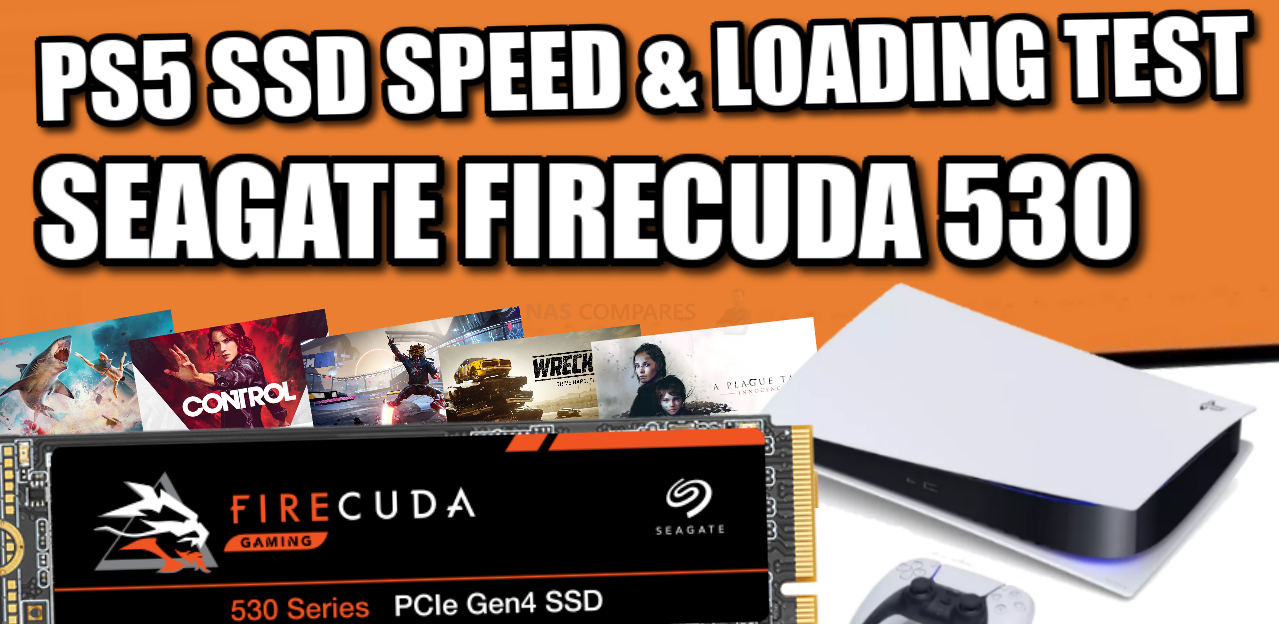I have a question.
I need an SSD for a lab application, where we have to write sequentially at 5 GB/s, for as long as possible (until the storage is full). For that, we're thinking of installing 2 x FireCuda 530 2TB in RAID, to ensure bandwidth > 5 GB/s in sustained sequential writes.
According to your figure of "Sustained Write Performance and Cache Recovery", even after the SLC cache is saturated, the performance drops to 4 GB/s. Thus, theoretically, with 2 x FireCuda 530, the total sustained write performance should be above 5 GB/s that we need.
However, in different reviews, such as this
https://www.techadvisor.com/review/seagate-firecuda-530-3807659/, it states that after the SLC cache is exhausted, performance drops to 1.500 MB/s, which is below what we need.
Are you sure that the sequential write performance will only drop to 4 GB/s, even after the SLC Cache is saturated?
Bonus question: for the 530 4TB, you state that performance drops even lower after sequentially writing 3 TB. Is there also a limit to the 2TB version? According to the same figure, performance for the 2TB drops even lower after > 400 seconds, which according to my calculations, means that the SSD is out of storage anyway. Also, the SLC Cache of the 2TB version should be about 250 GB, right? I could not find information on the exact SLC Cache numbers anywhere.




